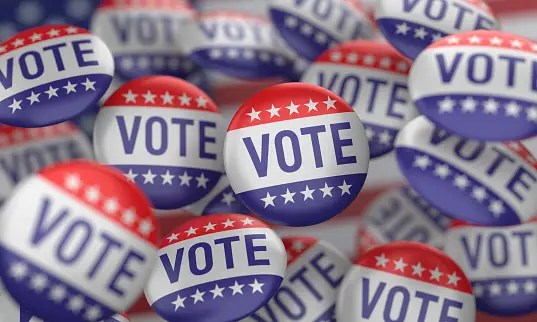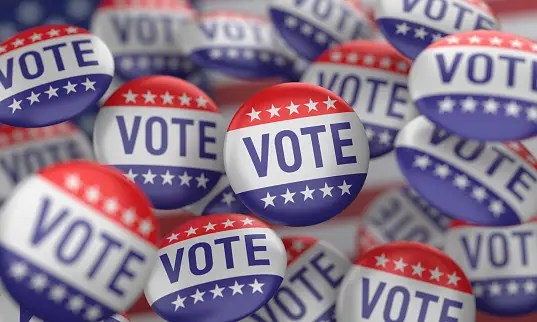
The impact of virtual currency on elections
As the US political temperature heats up ahead of the upcoming election, cryptocurrencies have emerged as an important topic among voters in key battleground states.
A large-scale online survey led by the Digital Currency Group (DCG) found that digital currency policies are becoming increasingly important in electoral conversations, especially in states where digital currency policies are known to play a pivotal role in election outcomes. It became clear that there was.
Voter sentiment towards cryptocurrencies: the new electoral battleground
The influence of digital currencies in shaping the political landscape is becoming increasingly clear, as evidenced by a recent survey conducted by Harris Poll for DCG. From April 4th to 16th, 1,201 registered voters from Michigan, Ohio, Montana, Pennsylvania, Nevada, and Arizona participated in the poll.
The results show that a significant portion of voters pay attention to candidates' positions on cryptocurrencies, with half of respondents admitting that candidates' positions on digital currencies influence their voting decisions. There is.
Ohio presents a contrasting scenario, with voters expressing considerable skepticism towards cryptocurrencies. This difference in voter sentiment highlights the complex perceptions surrounding digital currencies in different regions.
However, amid growing interest, around 20% to 25% of voters are calling on elected officials to prioritize crypto regulation and strengthen investor protection.
This demand is even more pronounced among crypto-positive voters, about one-third of whom support intensive regulatory efforts.
Additionally, the survey revealed that approximately 14% of voters currently own a digital currency and 12% have used a digital currency in the past. Ownership rates peak in Montana.
These statistics reflect the penetration of cryptocurrencies into Americans' everyday financial transactions and highlight the potential impact of digital currency policy on elections.
Politicians and crypto policy
in the background of Not all politicians are fans of the interaction between elections and digital currencies. Sen. Elizabeth Warren, a leading figure in the U.S. Democratic Party, focused her re-election campaign last year on forming what she called an “anti-cryptocurrency brigade.”
Warren's legislative efforts peaked in December with the introduction of the Digital Asset Money Laundering Prevention Act of 2022, which faced opposition from both parties.
Warren committed to reintroducing the bill, which aims to protect vulnerable populations from risks associated with digital assets.
Her strategy includes proposing a ban on digital currency mixers as well as introducing comprehensive anti-money laundering regulations across decentralized finance (DeFi) platforms and private wallets.
Coin Center, a prominent nonprofit organization advocating digital currency policy, harshly criticized the legislative move.organization explained This action is an “opportunistic and unconstitutional attack on self-custodians, developers, and node operators.” Jerry Brito, executive director of Coin Center, said:
He characterized the bill as the most “serious threat” to the personal freedoms of people in the crypto community.
Amid these tensions, Ripple CEO Brad Garlinghouse has been vocal about the need for unity within the crypto industry to support pro-crypto candidates in the upcoming 2024 US presidential election. Ta.
Last year, Garlinghouse emphasized the need to oppose the current administration's anti-crypto stance, particularly regarding blockchain technology. He advocates supporting candidates who support innovation and smart regulation to keep the United States abreast of global technology.
team @ripple Along with other industry leaders, we are leading an effort to support pro-innovation and pro-crypto candidates in the 2024 US election cycle. The United States cannot continue to lag behind on the world stage.
Overregulation (especially… https://t.co/hpkqNf7Y99)— Brad Garlinghouse (@bgarlinghouse) December 18, 2023
Featured image from Unsplash, chart from TradingView


